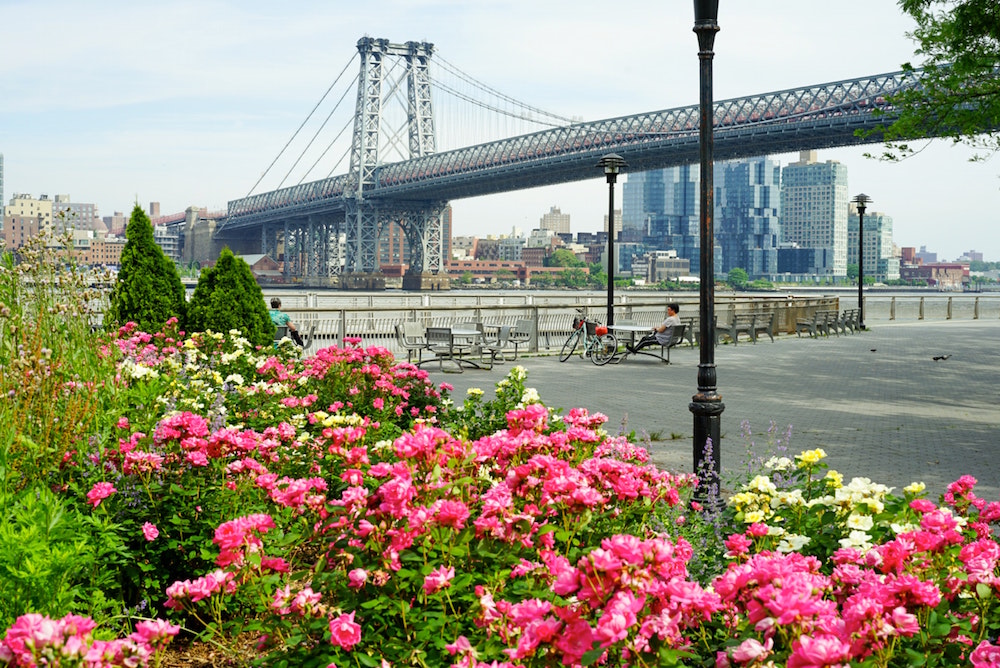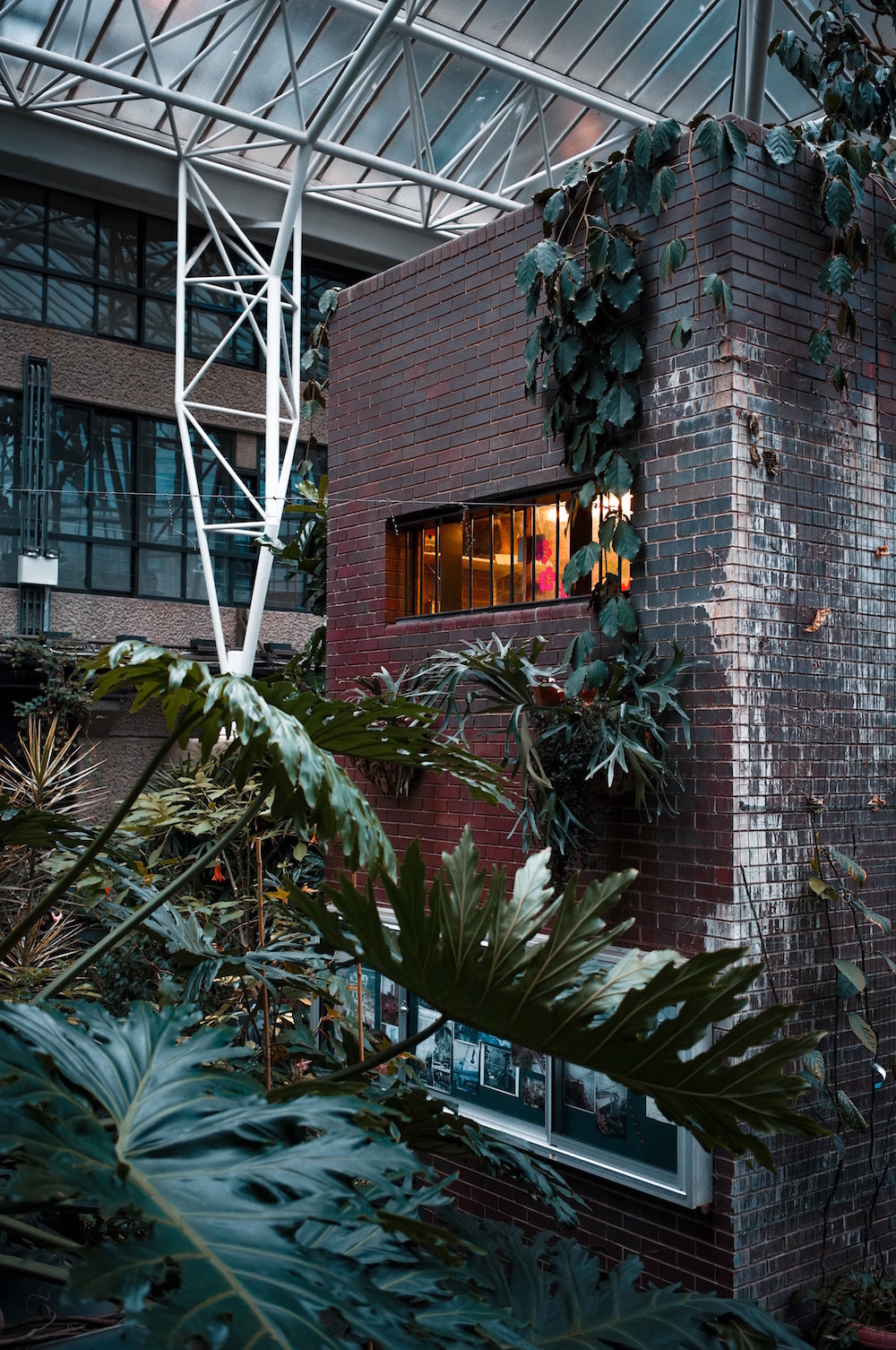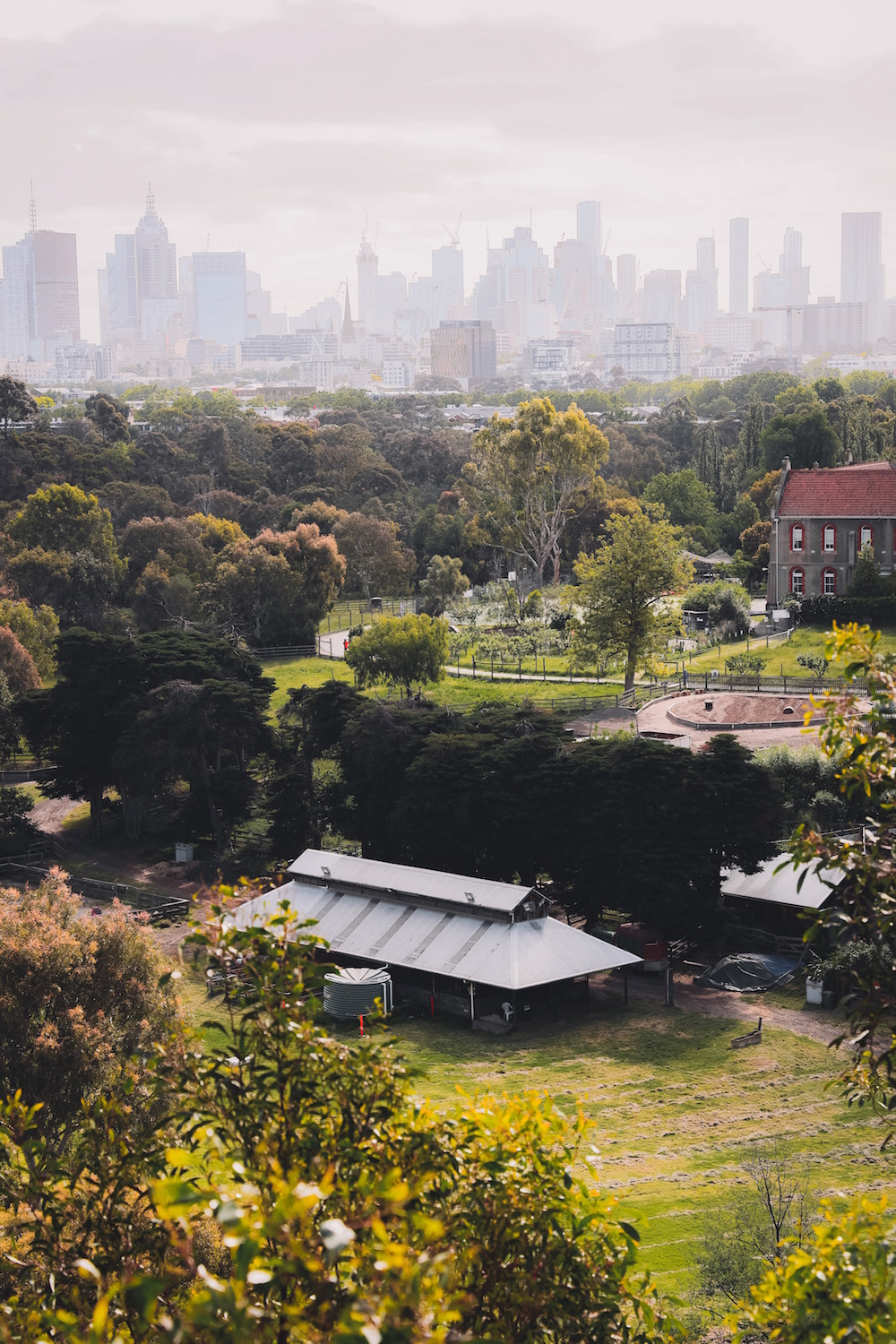What is the Impact of Urban Gardening on Society
Agriculture entails the process of growing, processing and distributing food and this has many impacts on society, although we do not always necessarily think about it. Due to the increase in population and high demand for food, farming does not always follow the natural processes to complete this process, meaning that the food itself and environment are impacted by this.
The concept of urban agriculture is about growing the foods in highly populated spaces, rather than far away in a field somewhere. This can either look like a community area where the individuals come together to work on it or simply individuals growing plants from their own homes. Urban agriculture can have several impacts on the overall society and in this article, we will discuss a few of those effects.
Less Hunger
Unfortunately, being able to afford healthy food is not something that every person can do. As we mentioned above, there is a high demand for food due to such a great number of population, which continues increasing. There is only so much the soil can produce without getting exhausted and there are only so many fields that can be used. This is where urban agriculture is beneficial – studies suggest that if every city across the globe implemented an urban farm, the production of food would increase significantly. Additionally, there would be a reduction in costs, since importation and transportation would no longer be required, meaning that more people would be able to afford such food.
Improved Health
High demand for food has meant that those responsible for agriculture practices have had to develop new ideas to produce food rapidly and in high quantities. This means that many chemicals are used to grow vegetables and fruit, for example, and we are ingesting these chemicals when we eat the food. This can be very detrimental for our health and why people would prefer to choose organic, but this is evidently the most expensive option on the market. Having a farm in urban areas, would mean that communities are responsible for their own practices and they can very much reduce and avoid the use of chemicals, making more organic options available to all.
Environment
Agriculture practices have a significant impact on the environment – not only just the production of food, but also its packaging and transportation. This increases air pollution as well as toxic waste. Empirical studies suggest that this can have negative effects on the environment and can be highly reduced through the use of urban farming practices. Plants are known to ‘clean the air‘, which is particularly important in highly populated urban areas, and there would not be such great use of plastic for packing and vehicles for long journeys to transport the food. Additionally, home food waste can be used as a healthy fertilizer and used in the gardens, This would continue to ensure healthy and organic practices in agriculture.
Economy
Urban farming also benefits the economic situation of society. These public urban green areas will require someone to look after the plants and ensure they grow and also are picked and ready to arrive at people’s homes. This means that more jobs can be created so that people can focus on the crops full time. Additionally, if a family grows their own food, they are less likely to struggle. This does not have to mean they will grow food to sell but to feed themselves, meaning that the money they earn can go towards other bills. Growing your own food means that you will need the appropriate equipment to do so – the experts at harpersnurseries.com suggest reading urban gardening blogs to improve your chances of growing better plants. Doing this means that no matter the proportion of your struggle, you will always have food to eat.
Increased Business
Although ideally there would be at least one urban garden per area, we understand this is not always possible. The cities with green areas growing their own food may see an increase in business as food markets may pay to buy home-grown foods, if they observe a demand for it and can also attract investors that are willing to finance these urban agriculture practices. This is all money that is put into the community itself.
Overall Improved Well-Being
Empirical research has shown that individuals are more likely to be happier and less depressed in areas where there are gardens and fields, hence why gardening is recommended as a way to deal with mental health issues. Being in a big city can increase mental health issues, considering that people can never rest and it is usually busy and noisy. Having urban gardens provides individuals with the green spaces necessary to relax when needed, and also having the common goal of making their community better will strengthen the sense of community among residents.
Urban gardening has many different benefits to the overall society – it can reduce impact on the environment, improve overall health and wellbeing and ensure that more jobs are created and that families are able to feed themselves.








